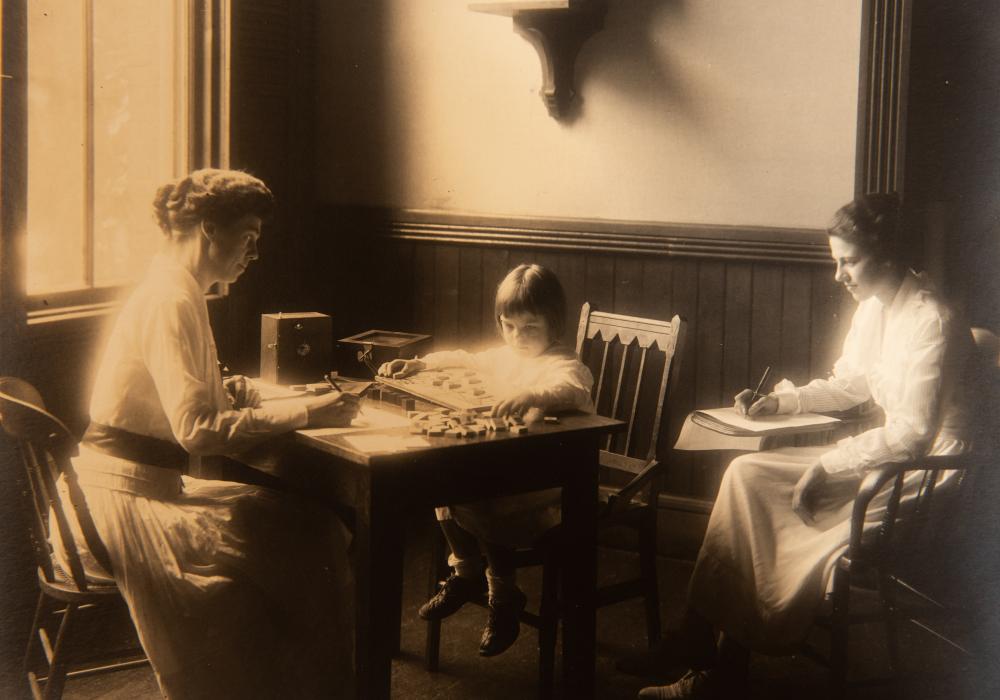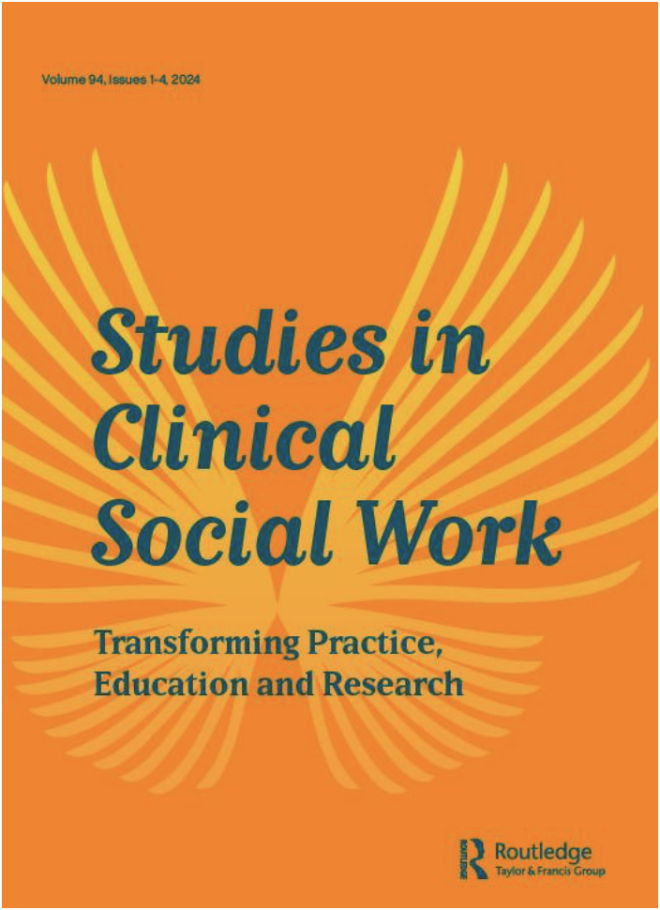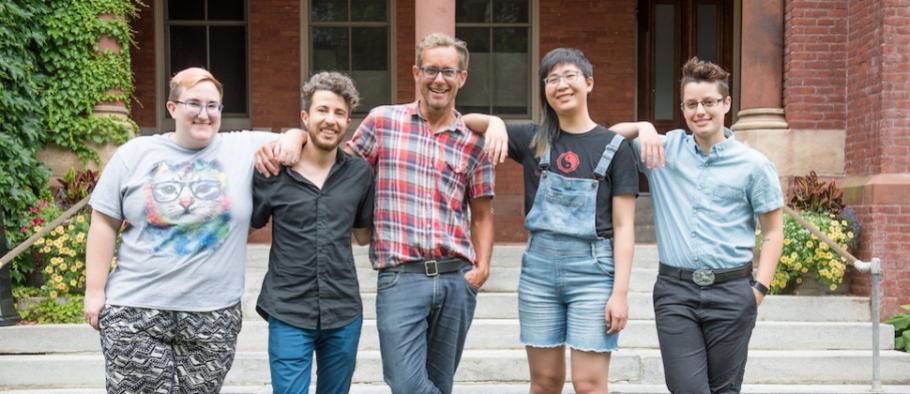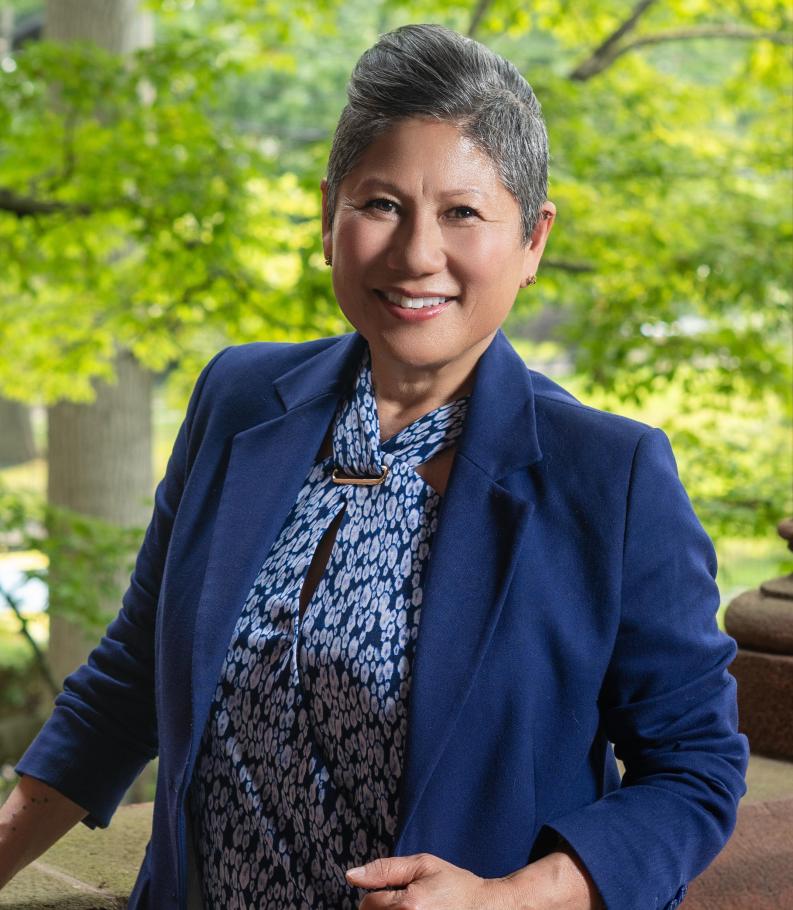Our History
History of Our School
For more than 100 years Smith College School for Social Work has been providing exceptional training in clinical social work on the Smith College Campus in Northampton, MA.
Have something to add? Submit an item for the timeline using this form.

Heading
Journal Undergoes Overhaul
In 2024, under the leadership of Kenta Asakura, M.S.W. '04, Ph.D., LICSW, the journal was renamed to Studies in Clinical Social Work: Transforming Practice, Education and Research to identify ways to more accurately represent the journal's identity and vision as a leading journal of clinical social work. Despite the name change, the journal's core identity did not change. It remains focused on and committed to clinical social work and will continue its affiliation with Smith College School for Social Work. As the new title signifies, the journal focuses not only on clinical practice but also on clinical education and research from the social work community.

Heading
C-PASS Established
In fall 2024 the School establishes the Committee for Program Affordability and Student Support to explore ways to make the program more affordable. C-PASS builds on the foundational efforts of the national student-led P4P movement, whose survey and advocacy brought national attention to the economic challenges facing social work students. C-PASS includes the dean and associate dean, directors of practicum learning, admission and financial aid, community engagement and student support, as well as members of the SSW P4P chapter.
Heading
Reflecting on 2022 and Welcoming 2023
This year has brought new challenges to our work as social workers. Here at SSW we were so grateful to welcome students back to campus but, like so many of you, also struggled with the news from around the country and the world. We are all faced with balancing our hope and joy with the challenges of the world around us. As we look towards the end of 2022, I hope you are able to find moments for rest, joy, and contemplation.
With love,
Marianne R.M. Yoshioka, MBA, Ph.D., LCSW
Dean | Elizabeth Marting Treuhaft Professor
Smith College School for Social Work
Heading
InDepth Wins Award
The spring 2022 edition of InDepth won a Gold Circle of Excellence Award from CASE in the category of Alumni/General Interest Magazines.
From the Judges: The judges were impressed by the publication, which boasted a well-designed layout that exuded a high-quality touch. The attention to detail and visual appeal of the publication contributed to its engaging nature, capturing the readers' interest and holding their attention. The judges recognized the commitment to excellence and their ability to create a captivating reading experience.

Heading
Welcome 2022
As social workers, our attention is often pulled in so many directions. AS we reflect on the year that has passed and contemplate what is to come in 2022, we hope that you are able to find moments for joy, reflection, and peace in the new year.
Best wishes,
Marianne R.M. Yoshioka, M.S.W., MBA, Ph.D., LCSW
Dean | Elizabeth Marting Treuhaft Professor
Heading
SSW Launches Core Principles to Guide Work
In August 2020 Dean Marianne Yoshioka announced the School's five Core Principles to guide its programs and operations. Developed by a multi-constituent group of SSW resident and adjunct faculty and students, the Core Principles replaced the School's statement of commitment to anti-racism that was first authored in 1995.

Heading
Smith SSW Celebrates 100 Years
In 2018 Smith College School for Social Work celebrated 100 years of clinical excellence. As part of the celebration the film Clinical Revolution was filmed to tell the story of the School's creation.
Heading
Commitment to Trans Inclusion
As part of Smith College School for Social Work's ongoing commitment to trans inclusion, a team of students and faculty were brought together in spring 2017 to gather, develop and disseminate resources about trans and gender-nonconforming (TGNC) inclusion within SSW. The project was motivated in large part by student advocacy that culminated in an open letter in the summer of 2016, and aims to increase the level of shared understanding around TGNC issues and to support a culture of investment in intersectional trans competence, in alignment with the School’s continued commitment to becoming anti-racist. The team consisted of (L to R) Rickey Thorn (student), Davey Shlasko (adjunct faculty), Rory Crath (resident faculty) Jixia Ao (student) and Noah Cochran (student).

Heading
Marianne R.M. Yoshioka becomes Dean
Marianne R. M. Yoshioka became dean in 2014 and is set to retire in 2026.
Marianne R.M. Yoshioka earned her B.A. with honors from Canada’s University of Western Ontario, her M.S.W. from the University of Michigan, and her Ph.D., Florida State University’s School of Social Work; She was a professor from 1996-2014 and then associate dean of academic affairs at New York City’s Columbia School of Social Work before becoming dean at Smith College School for Social Work in 2014. She is an active member of the National Association of Deans and Directors of Social Work and the NASW. Yoshioka's research focuses on the areas of addiction, family therapy, HIV/AIDS, family violence in Asian communities, and the design and development of culturally tailored intervention. She has received related research funding from the National Institute of Mental Health, as well as private foundations, and has published her findings extensively in an effort to advance knowledge of and services for underrepresented communities.

